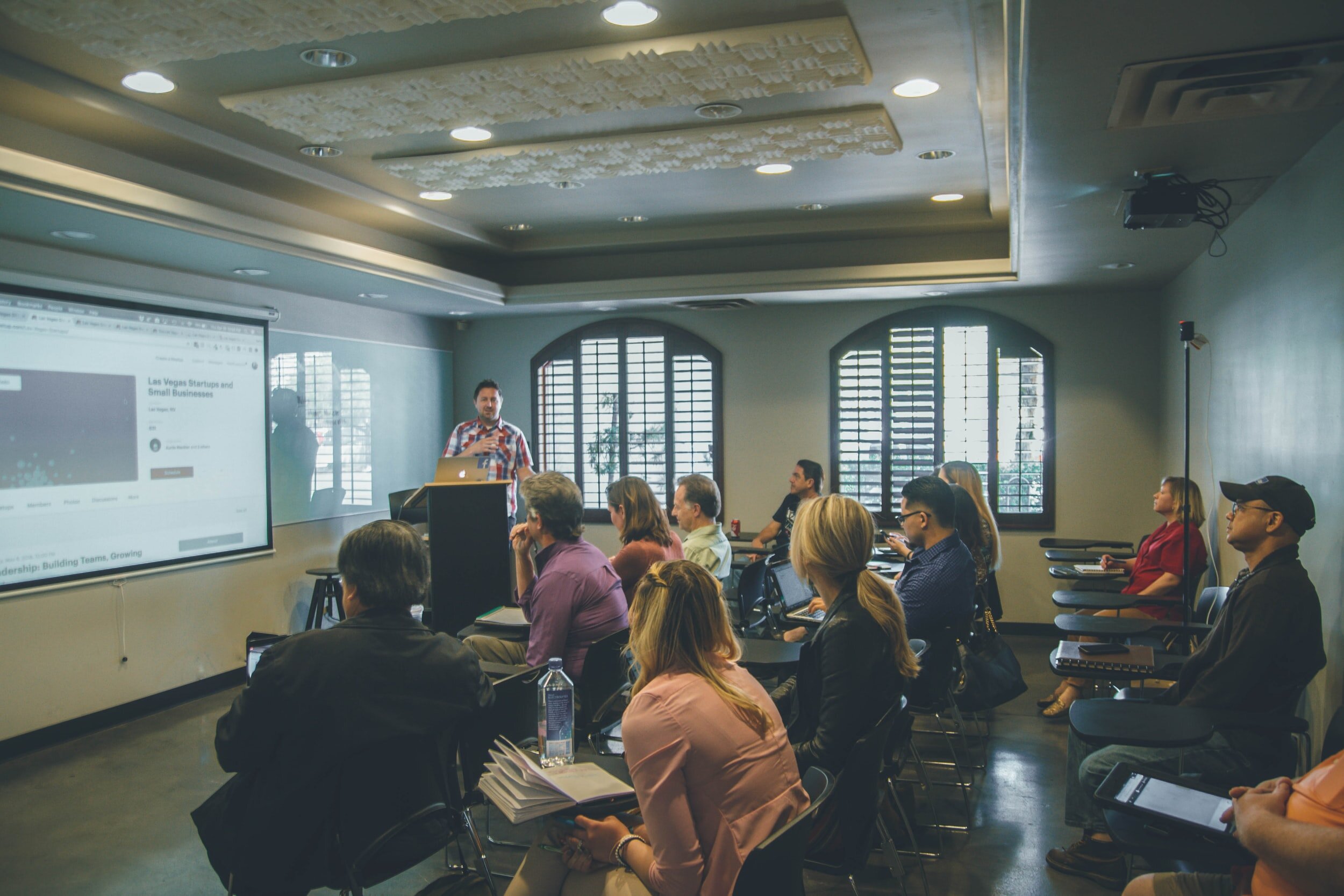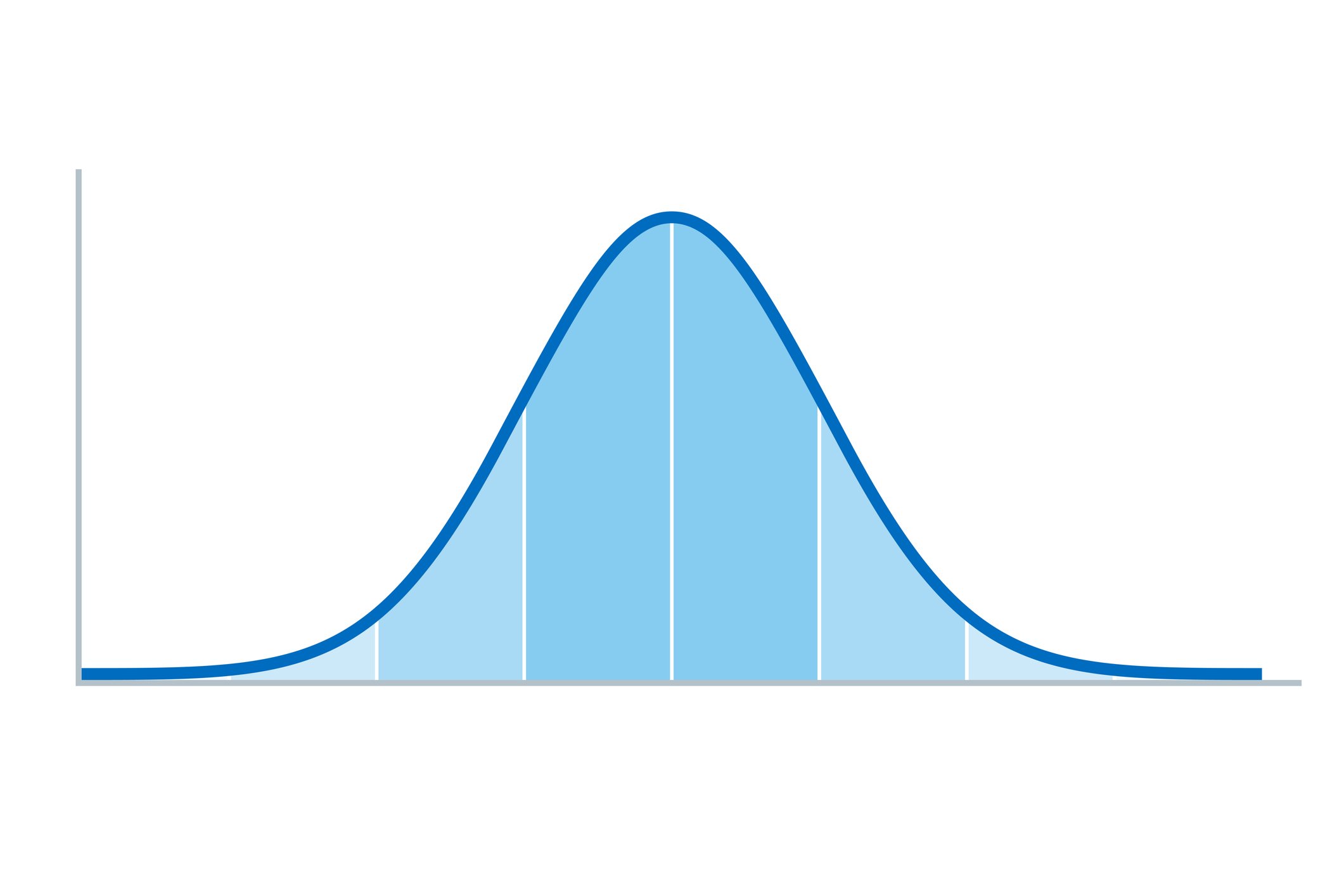Qual Data Analysis & Grounded Theory
by Janet Salmons, PhD., Research Community Manager for SAGE Methodspace
Qualitative data analysis varies by methodology. Grounded theory builds systematic theoretical statements inductively from the coding and analysis of data, and the subsequent development and refinement of conceptual categories which are tested and re-tested in further data collection. Unlike studies that involve completion of data collection before moving into the analytic stage, grounded theory takes a more iterative mix of theorizing, analyzing, and sometimes collecting more data - perhaps from different participants.
While grounded theory studies can use quantitative, qualitative, or mixed methods, this multidisciplinary collection of open access articles offers options for analyzing data in qualitative grounded theory research.
Bruce, C. (2007). Questions arising about emergence, data collection, and its interaction with analysis in a grounded theory study. International Journal of Qualitative Methods, 6(1), 51-68. doi:10.1177/160940690700600105
Abstract: There has been a strong call for increased clarity and transparency of method in qualitative research. Although qualitative data analysis has been detailed, data management has not been made as transparent in the literature. How do data collection and analysis interact in practical terms? What constitutes sufficient data? And can research be both planful and emergent? In this paper, the author highlights several methodological strategies for addressing data management challenges in a grounded theory study of preservice mathematics teachers.
Charmaz, K. (2017). Special Invited Paper: Continuities, Contradictions, and Critical Inquiry in Grounded Theory. International Journal of Qualitative Methods, 16(1), 1609406917719350.doi:10.1177/1609406917719350
Abstract: What continuities and contradictions can qualitative researchers discern among versions of the grounded theory method? How do contradictions within the method affect research practice? How do new versions of grounded theory advance research practice and critical inquiry? To answer these questions, this keynote address begins with a brief overview of grounded theory for those who are unfamiliar with the method and subsequently discusses the continuities and contradictions between versions of the method. Constructivist grounded theory (CGT) uses the methodological strategies of the original version but builds on its pragmatist heritage, shifts its epistemological foundations, and resolves contradictions in earlier versions of the method. The result means placing grounded theory in the social constructionist tradition, viewing data as co-constructed with research participants, puncturing deeply held methodological preconceptions, and subsequently fostering a heightened methodological self-consciousness. The practice of CGT assists researchers in interrogating their data, nascent analyses, research actions, and themselves each step along the way. Subsequently, researchers can gain awareness of the pervasiveness of Anglo-North American worldviews throughout inquiry. CGT not only aids theorizing and defining and developing emergent critical questions during the research process but also brings power into purview.
Chun Tie, Y.,Birks, M., & Francis, K. (2019). Grounded theory research: A design framework for novice researchers. SAGEOpen Medicine, 7, 2050312118822927. doi:10.1177/2050312118822927
Abstract: Grounded theory is a well-known methodology employed in many research studies. Qualitative and quantitative data generation techniques can be used in a grounded theory study. Grounded theory sets out to discover or construct theory from data, systematically obtained and analysed using comparative analysis. While grounded theory is inherently flexible, it is a complex methodology. Thus, novice researchers strive to understand the discourse and the practical application of grounded theory concepts and processes.
Glaser, B. G.(2002). Conceptualization: On Theory and Theorizing Using Grounded Theory. International Journal of Qualitative Methods, 1(2), 23-38. doi:10.1177/160940690200100203
Abstract: This article explores the use of grounded theory to generate conceptualizations of emergent social patterns in research data. The naming of patterns and their abstraction across time, place andpeople, are discussed. The constant comparative method employed in grounded data analysis is offered as a developmental tool for enhancing researchers' abilities to conceptualize and form emergent theories. Conceptual levels,descriptions, power and flawed approaches to analysis are explored at length.
Goldkuhl, G., & Cronholm, S. (2010). Adding Theoretical Grounding to Grounded Theory: Toward Multi-Grounded Theory. International Journal of Qualitative Methods, 9(2), 187–205. https://doi.org/10.1177/160940691000900205
Abstract: The purpose of this paper is to challenge some of the cornerstones of the grounded theory approach and propose an extended and alternative approach for data analysis and theory development, which the authors call multi-grounded theory (MGT). A multi-grounded theory is not only empirically grounded; it is also grounded in other ways. Three different grounding processes are acknowledged: theoretical, empirical, and internal grounding. The authors go beyond the pure inductivist approach in GT and add the explicit use of external theories. A working procedure of theory development in MGT is presented, which can be seen as an extension of the grounded theory approach.
Jaeger, E. L. (2022). Theory-Responsive Data Analysis: Searching for the Closest Fit. International Journal of Qualitative Methods, 21. https://doi.org/10.1177/16094069221143000
Abstract: Qualitative researchers differ in their beliefs about the role of theory in data analysis. Some begin with theoretical constructs employed as codes in a deductive process while others hold theory at bay until late in an inductive process (Gibbs, 2007). Still others toggle back and forth from theory to data to theory and so on. Researchers have offered comprehensive accounts of inductive coding (e.g., grounded theory; Charmaz, 2006) or general descriptions of the application of theory within data analysis (Anfara & Mertz, 2006; Dressman, 2008). Absent from the literature, however, is a detailed description of a back-and-forth analysis practice. The current article fills this gap in the literature by presenting a specific procedure in which the researcher begins with an initial theoretical position and then examines the data to establish a key question raised by that data. The process continues as the researcher considers a variety of theories which address the question, selects the “best fit” theory, carefully applies that theory to the data and supporting literature, and finally reflects on ways in which study findings may enhance the theory. I exemplify this activity with data from a study of members of a writing group for adults with major mental illness.
Scott,K. W., & Howell, D. (2008). Clarifying Analysis and Interpretation in Grounded Theory: Using a Conditional Relationship Guide and Reflective Coding Matrix International Journal of Qualitative Methods, 7(2), 1-15. doi:10.1177/160940690800700201
Abstract: Although qualitative methods, grounded theory included, cannot be reduced to formulaic procedures, research tools can clarify the process. The authors discuss two instruments supporting grounded theory analysis and interpretation using two examples from doctoral students. The conditional relationship guide contextualizes the central phenomenon and relates categories linking structure with process. The reflective coding matrix serves as a bridge to the final phase of grounded theory analysis, selective coding and interpretation, and, ultimately, to substantive theory generation.
Sebeelo, T. B. (2022). The Utility of Constructivist Grounded Theory in Critical Policy Analysis. International Journal of Qualitative Methods, 21. https://doi.org/10.1177/16094069221090057
Abstract: Constructivist grounded theory (CGT) has gained traction as a popular method across various fields in both the social and natural sciences. Its acclaim lies in its constructivist and pragmatist heritages that emphasize flexibility, co-construction and subjectivity. Despite its general appeal, CGT remain largely unexplored in the area of critical policy analysis. Using data from an alcohol policy dissertation in Botswana, this paper applies CGT to What’s the Problem Represented to Be (WPR), a Foucauldian-inspired poststructural policy analysis framework. WPR served as a framework while CGT provided strategies to do it. The paper demonstrates the utility of CGT as a useful strategy in critical policy analysis. The practice of CGT aligns with critical policy studies that consider subjectivity, temporality and reject value-free enquiry. Furthermore, CGT aligns with policy analysis studies that explicate human experience and meanings. The implications of deploying CGT to critical policy analysis are outlined in the paper.
Sosa-Díaz, M.-J., & Valverde-Berrocoso, J. (2022). Grounded Theory as a Research Methodology in Educational Technology. International Journal of Qualitative Methods, 21. https://doi.org/10.1177/16094069221133228
Abstract: One of the most widely used and controversial qualitative research methods among researchers is Grounded Theory (GT). Although the basic concepts of GT are widely known by qualitative researchers, the practical application of the method is not always clear, and sometimes we encounter contradictions and uncertainties. The objective of this article is to provide a data analysis strategy based on GT. It is hoped that this knowledge will provide an aid or resource for both novice and experienced educational technology researchers. To this end, a conceptual overview of the field and the methodological route are presented. A broad and updated theoretical base is used to describe the conceptual and structural aspects of GT, to describe steps to follow when applying it, and to highlight the use of analytical tools that help the researcher make decisions and implement GT.






























Looking back at 2023, find all posts here!
We explored stages of a research project, from concept to publication. In each quarter we focused on one part of the process. In this recap for the year you will find original guest posts, interviews, curated collections of open-access resources, recordings from webinars or roundtable discussions, and instructional resources.